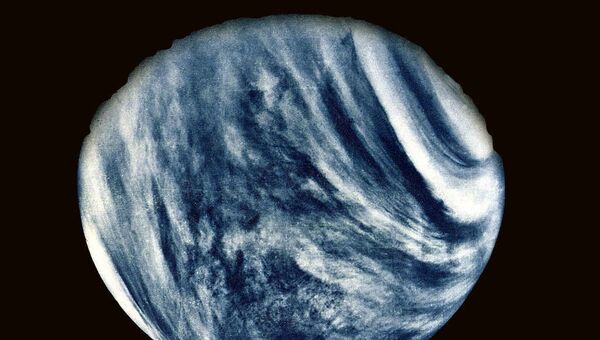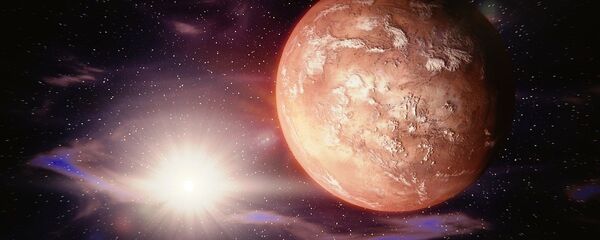The atmosphere of Venus has a poor reputation for livability, due, in part, to its toxic thunderclouds, very high surface temperatures, and extreme atmospheric pressure.
NASA researchers plugged topographic data and hydrogen isotope ratios in the atmosphere of Venus into climate modeling software and the results point to a scenario in which the planet may have had an average surface temperature of some 52 degrees Fahrenheit and liquid water oceans up to 1,700 feet deep, before volcanic activity reshaped the surface.
"Both planets [Earth and Venus] probably enjoyed warm liquid water oceans in contact with rock and with organic molecules undergoing chemical evolution in those oceans," study co-author David Grinspoon, from the Planetary Science Institute in Arizona, told New Scientist.
"As far as we understand at present, those are the requirements for the origin of life."
Researchers hope that they can find signs of ancient shorelines on Venus, which would back up their theory.
"We really need more data before we can say much more… but if you have a Venus-like world around a solar-type star with a slow rotation, it could be quite a reasonable place for life to exist, especially in the oceans," says Way. "You get temperatures almost like Earth. That's remarkable."
The theory of a historically habitable Venus opens up new possibilities about the origin of life on Earth.
"It could be that life got started on Venus, and then seeded Earth," Way said. "Or vice-versa."






